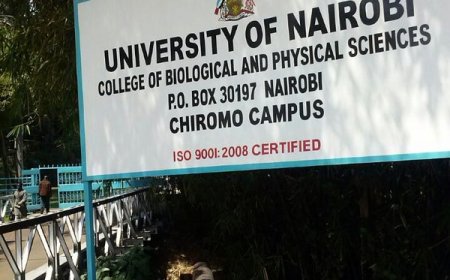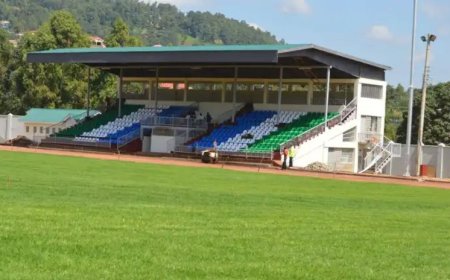Cabinet gives approval to the plan to sell state shares in six companies.
"The six companies' divestiture, achieved through the sale of shares at the Nairobi Securities Exchange, will maximize the contributions of these investments towards the achievement of our country's development goals," the statement read.

The planned divestment of the state's shares in six listed firms has been reviewed by the Cabinet and approved.
According to a message from the President's Executive Office, the action is a component of institutional changes meant to support a long-term recovery of the economy, specifically with regard to state corporation management and governance.
"The six companies' divestiture, achieved through the sale of shares at the Nairobi Securities Exchange, will maximize the contributions of these investments towards the achievement of our country's development goals," the statement read.
President William Ruto presided over a Cabinet meeting on Tuesday during which the consent was given.
East African Portland Cement Limited (25.3%), Nairobi Securities Exchange (3.36%), Housing Finance Company of Kenya Limited (2.41%), Liberty Kenya Holdings (0.9%), Stanbic Holdings (formerly CfC Insurance Holdings) (1.1%), and Eveready East Africa PLC (17.2%) are among the companies involved.
Ruto declared in November of last year that the government was about to privatize thirty-five state-owned enterprises.
The government has selected eleven state enterprises for privatization, including the Kenyatta International Convention Centre (KICC).
The Tourism Act of 2011 established the iconic landmark known as KICC, which is held entirely by the government.
There have been several regional and international conferences hosted in the convention center, which takes pride in being the best meeting space in East Africa.
The National Oil Corporation, Kenya Seed Company Limited, Mwea Rice Mills, Western Kenya Rice Mills Limited, Kenya Literature Bureau, and other corporations are up for sale.
Numerical Machining Complex, Kenya Vehicle Manufacturers Limited, Rivatex East Africa Limited, New Kenya Cooperative Creameries, and Kenya Pipeline Company are the others.
The two parastatals needed to be converted into limited businesses, which is one of the reasons the government disclosed that it was selling the Kenya Literature Bureau and KICC.
Conversely, the National Oil Company's inability to generate profits is a major factor in its impending privatization.
What's Your Reaction?
























































